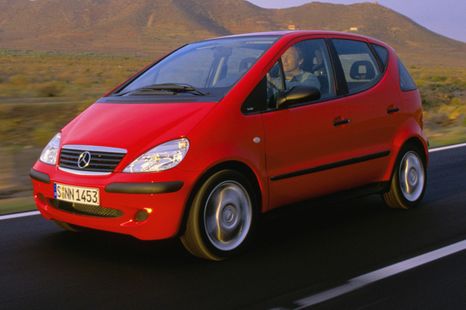

Derek Fung
Next Mercedes-Benz A-Class to channel some of the spirit of the original - report
1 Hour Ago
BMW is reportedly launching its Android-based iDrive 9.0 operating system this year. Only certain models will receive it.

Contributor
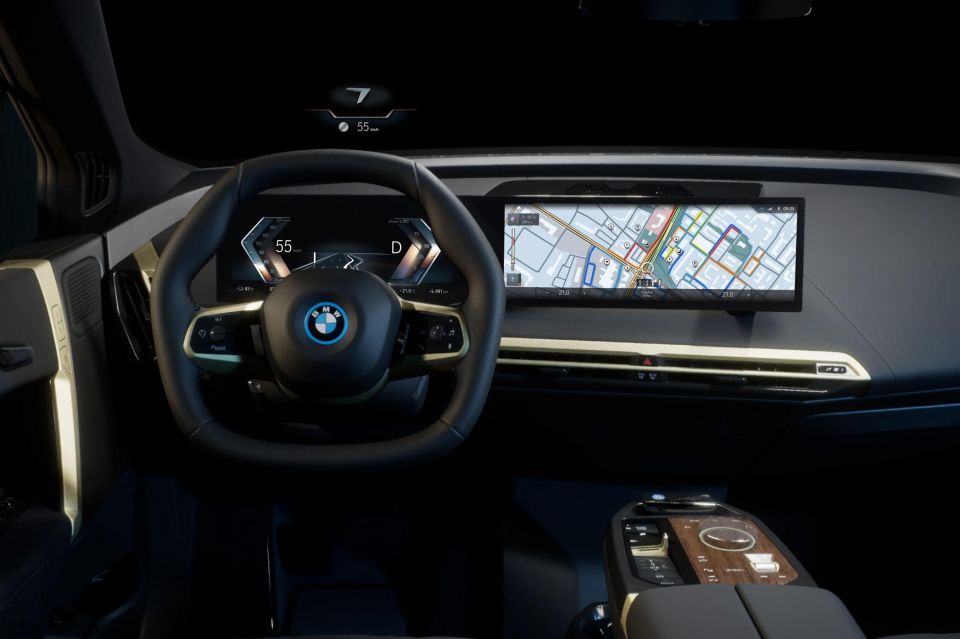

Contributor
It has almost been two years since BMW revealed iDrive Operating System (OS) 8.0. It reportedly plans to replace it this year, the catch being only certain models will receive it.
As reported by BMWBlog, the Android-based iDrive 9.0 will debut bring a new user interface, new functionality, as well as an app store. BMW hasn’t revealed any official imagery of this new infotainment operating system though.
It will reportedly debut in new X1 models produced from March onwards. It was previously reported BMW would introduce an Android Automotive operating system to certain model lines around this time.
Already built examples of the X1 reportedly have a Linux-based infotainment system, like the rest of the current BMW lineup, and won’t be able to receive the fully-fledged iDrive 9.0.
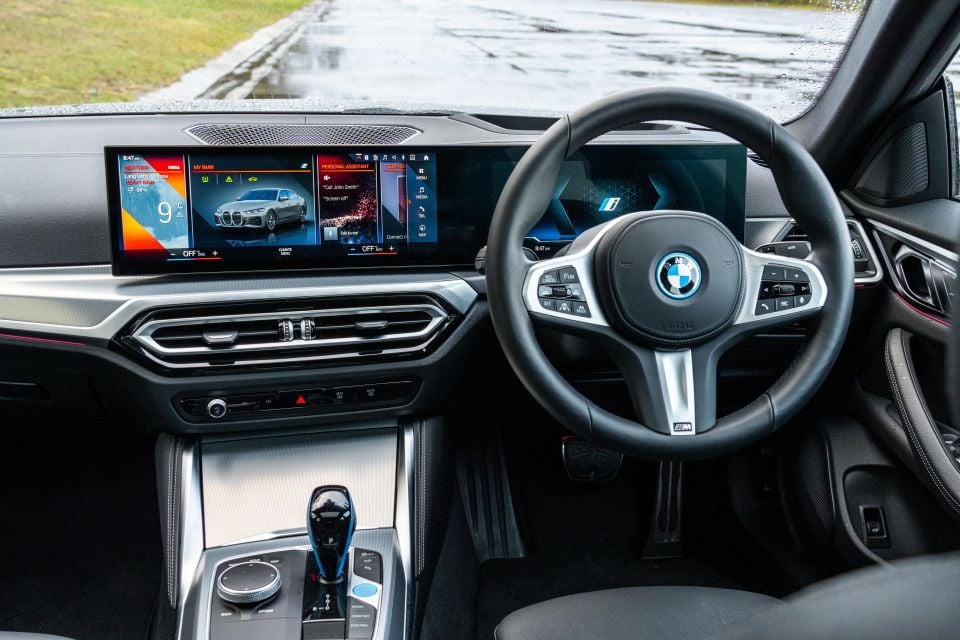
Instead they’ll reportedly receive a so-called iDrive 8.5 system update over-the-air that looks exactly the same as iDrive 9.0, but won’t come with the app store functionality. It’s unclear what other changes there are.
If this proves to be correct, iDrive 8.5 will be available on current vehicles such as the iX, i4, XM, X7, 2 Series, 3 Series, 7 Series, and i7.
The last vehicle to reportedly launch with a Linux-based infotainment system and iDrive 8.5 will be the upcoming 5 Series, with its all-electric i5 counterpart.
BMW head of connected digital car experience Stephen Durach told BMWBlog in addition to the X1, the upcoming vehicles to receive the Android-based iDrive 9.0 include the new-generation X2 ‘coupe’ SUV, as well as the new-generation Mini hatch, and Mini Aceman.
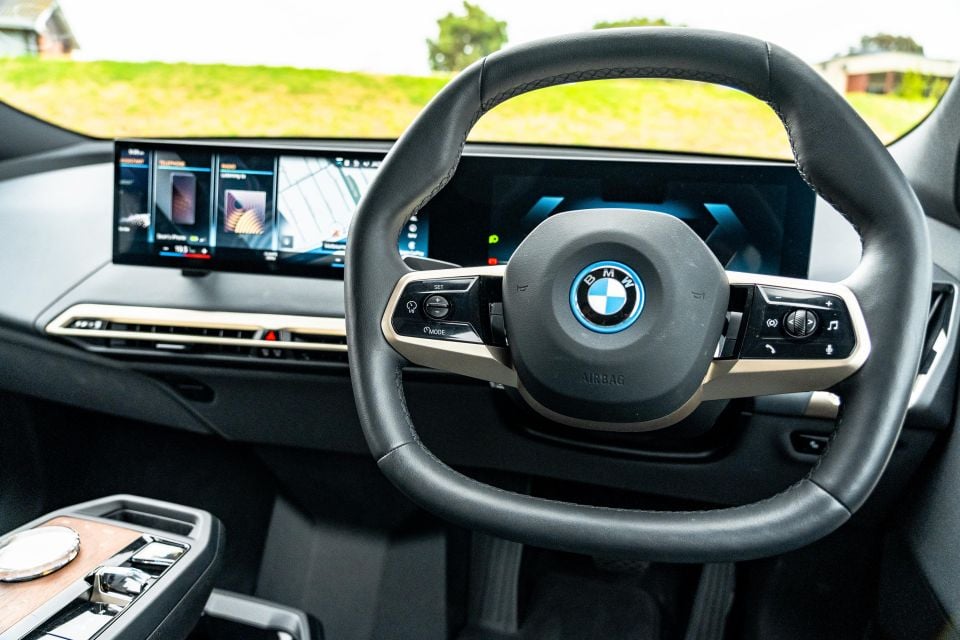
BMW isn’t the first to announce that its cars will be receive the Android Automotive OS.
The technology was first used in the Polestar 2 and has since populated to vehicles such as the Volvo XC40 Recharge, GMC Hummer EV and Renault Megane E-Tech Electric.
In February 2021, Ford Motor Company announced it was partnering with Google and would implement Android Automotive OS into Ford and Lincoln vehicles from 2023.
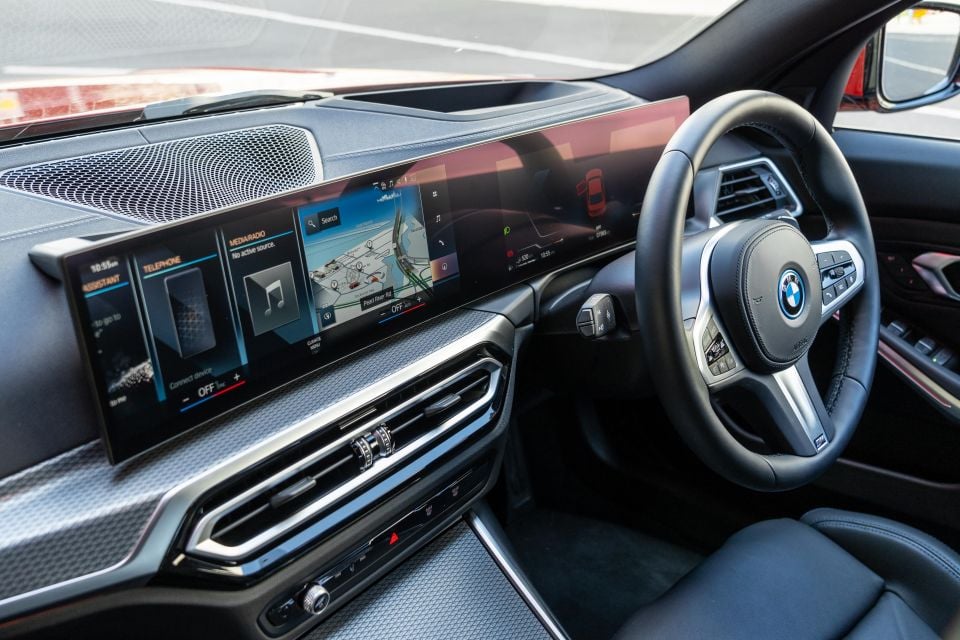
Volvo also announced in April 2022 that all its car models will have Android Automotive OS from the 2023 model year.
It’s worth noting that Android Automotive isn’t the same as Android Auto, which has been around for longer.
Android Auto runs on your smartphone and displays apps and notifications on your car display, whereas Android Automotive is the infotainment’s operating system itself and doesn’t require your smartphone to be connected.
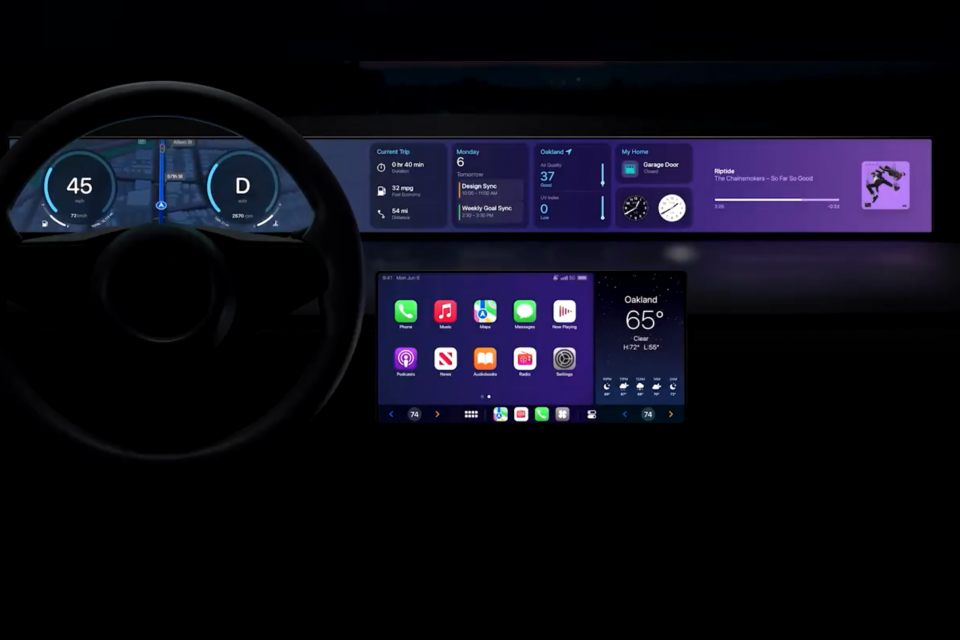
Although Google may seem to be rival-free with its Android Automotive OS, Apple is hot on its tail with a next-generation version of Apple CarPlay that will offer deeper integration into areas like the digital instrument cluster and climate control.
Apple announced this at its Worldwide Developers Conference (WWDC) last year and has already confirmed Audi, Ford, Honda, Jaguar Land Rover, Infiniti, Mercedes-Benz, Nissan, Polestar, Porsche, Renault and Volvo are working to integrate the system in their next-generation vehicles.
The first cars featuring this next-generation Apple CarPlay system will debut in late 2023, though it’s not yet clear if it will be run solely from a phone, or whether it’ll be integrated more deeply into the vehicle.
Jack Quick is an automotive journalist based in Melbourne. Jack studied journalism and photography at Deakin University in Burwood, and previously represented the university in dance nationally. In his spare time, he loves to pump Charli XCX and play a bit of Grand Theft Auto. He’s also the proud owner of a blue, manual 2020 Suzuki Jimny.


Derek Fung
1 Hour Ago


Damion Smy
13 Hours Ago
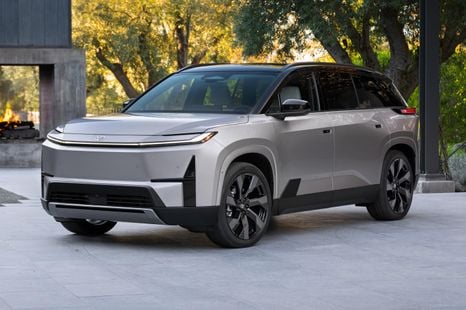

Damion Smy
14 Hours Ago


Ben Zachariah
16 Hours Ago
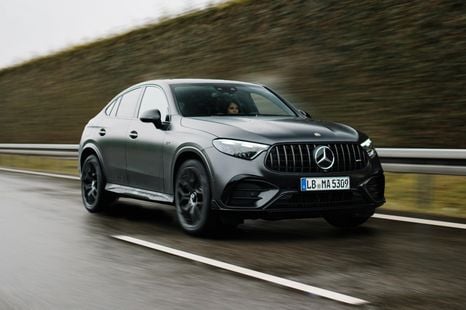

William Stopford
17 Hours Ago
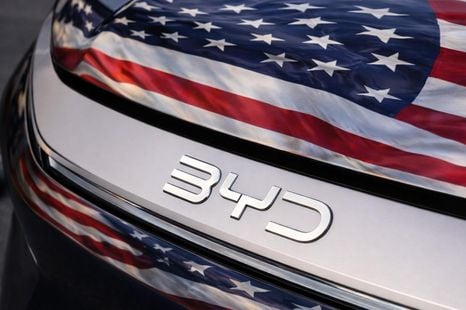

Damion Smy
19 Hours Ago
Add CarExpert as a Preferred Source on Google so your search results prioritise writing by actual experts, not AI.